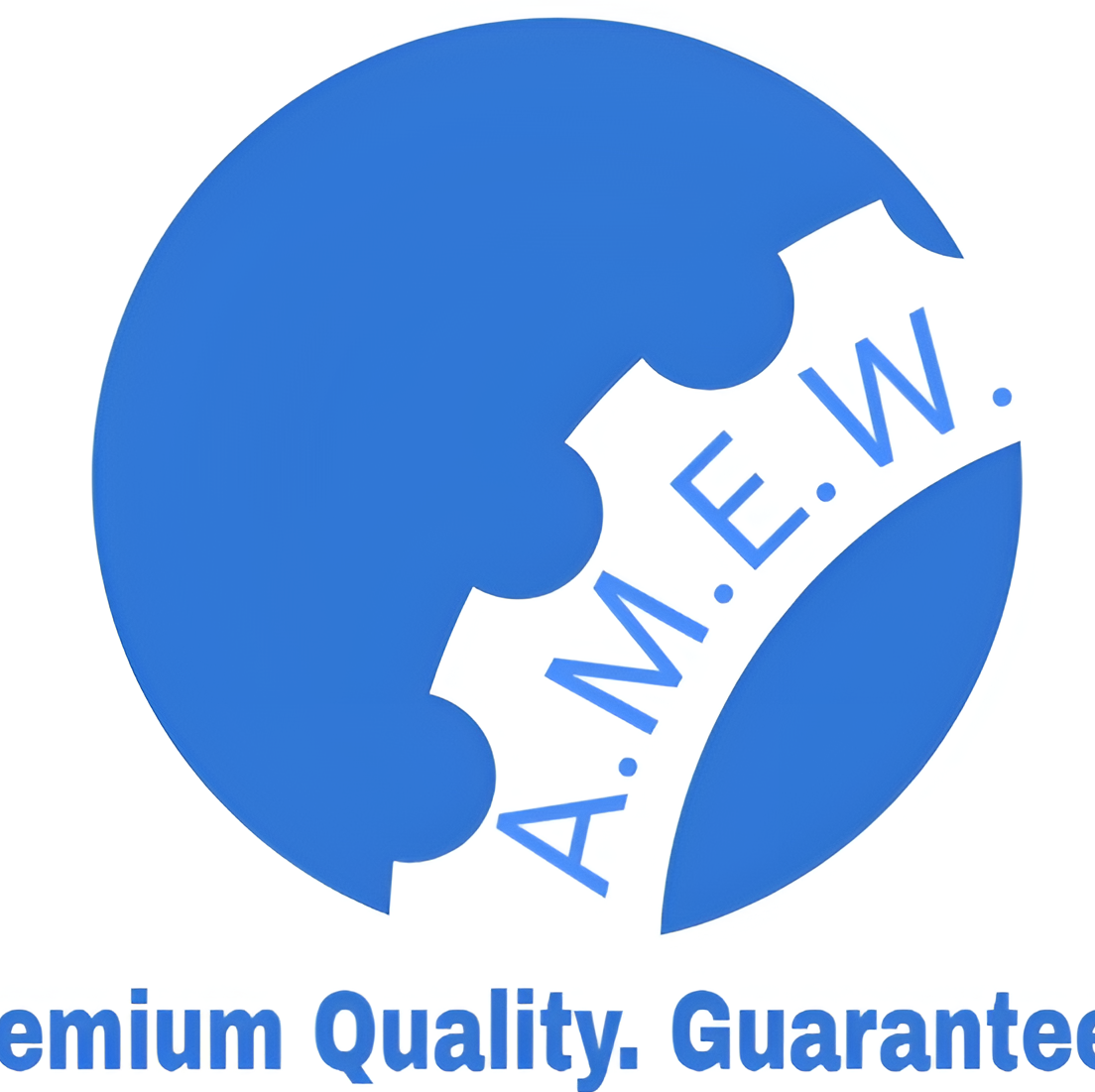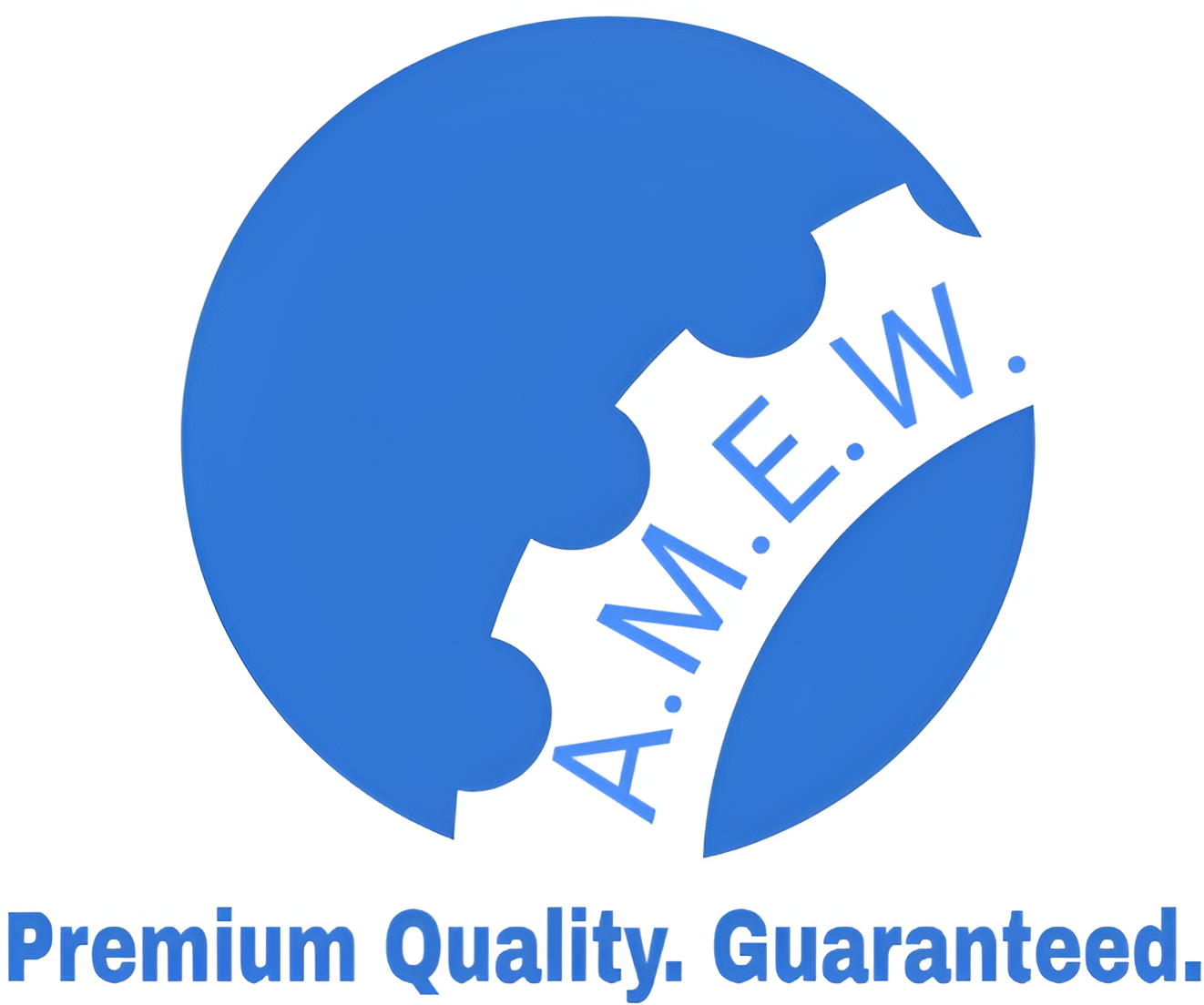Marine Forgings – Strength and Reliability for the Marine Industry
Introduction to Marine Forgings
Marine forgings play a vital role in the construction and operation of ships, submarines, offshore platforms, and marine equipment. These forged components are designed to withstand the harsh and corrosive marine environment while maintaining superior strength, durability, and reliability. Forging is the process of shaping heated metal under high compressive forces, refining its internal grain structure and enhancing its mechanical properties.
From propeller shafts and rudder stocks to anchor chains and flanges, marine forgings are essential in ensuring the smooth functioning of maritime vessels. Their high fatigue resistance, toughness, and ability to handle heavy loads make them a preferred choice over cast or fabricated components.
What are Marine Forgings?
Marine forgings refer to forged components specifically manufactured for use in marine and offshore applications. They are made from high-quality materials such as carbon steel, stainless steel, alloy steel, and nickel alloys, which provide excellent resistance to corrosion, saltwater, and extreme weather conditions.
These forgings are critical in ensuring the safety and performance of ships and offshore equipment, as they handle constant vibrations, pressure, and stress.
The Marine Forging Process
1. Material Selection
The process begins with selecting high-grade materials such as stainless steel or nickel alloys, which offer superior corrosion resistance and strength.
2. Heating the Metal
The metal billet is heated to a specific temperature that allows it to be easily shaped without cracking or breaking.
3. Forging Operation
The heated billet is pressed, hammered, or rolled into the required shape. Depending on the component, closed die forging, open die forging, or ring rolling may be used.
4. Heat Treatment
Post-forging heat treatments like quenching, tempering, and annealing are applied to enhance mechanical properties like hardness and tensile strength.
5. Machining and Surface Finishing
The forged components are machined to precise dimensions and may undergo surface treatments like anti-corrosion coatings for marine applications.
Advantages of Marine Forgings
1. High Strength and Durability
The forging process improves the metal’s internal grain structure, ensuring components can withstand heavy loads and rough conditions.
2. Corrosion Resistance
Forged components made with stainless steel or nickel alloys resist the corrosive effects of saltwater, ensuring a longer service life.
3. Enhanced Fatigue Resistance
Marine forgings can handle constant stress and vibration, reducing the risk of failure during operations.
4. Customizability
They can be manufactured in various sizes, shapes, and grades to meet specific shipbuilding requirements.
5. Cost-Effectiveness
Although initial forging costs may be higher than casting, forged components last longer and require less maintenance.
Applications of Marine Forgings
Marine forgings are used in a wide range of ship and offshore equipment, including:
-
Propeller Shafts: Provide reliable power transmission from engines to propellers.
-
Rudder Stocks: Ensure smooth and precise steering of ships.
-
Anchor Chains and Shackles: Heavy-duty forged chains for anchoring vessels.
-
Flanges and Fittings: Connect pipes and other ship components securely.
-
Crankshafts and Connecting Rods: Used in marine engines for efficient performance.
-
Couplings and Gear Components: Essential for propulsion systems.
-
Deck and Mooring Equipment: Forged hooks, winches, and lifting parts for ship decks.
Types of Marine Forgings
1. Open Die Forgings
Used for large components like shafts and rudder stocks.
2. Closed Die Forgings
Ideal for smaller, precision parts like flanges, couplings, and gear components.
3. Seamless Rolled Rings
Commonly used in marine bearings, gear rings, and turbine parts.
Marine Forgings vs. Cast Components
| Feature | Marine Forgings | Cast Components |
|---|---|---|
| Strength | Superior mechanical strength | Lower strength, prone to porosity |
| Fatigue Resistance | High resistance to stress | May develop cracks under load |
| Corrosion Resistance | Can be enhanced with coatings | Requires additional treatment |
| Applications | Critical marine components | Non-critical ship parts |
Quality Control in Marine Forging
Given the harsh marine environment, stringent quality checks are performed:
-
Non-Destructive Testing (NDT): Ultrasonic or magnetic particle testing to detect flaws.
-
Mechanical Testing: Includes tensile, hardness, and impact tests.
-
Dimensional Accuracy Checks: Ensures components meet tight tolerances.
-
Surface Treatments: Application of anti-corrosion coatings and finishes.
Innovations in Marine Forging
The marine forging industry is adopting advanced technologies such as:
-
CNC Machining for Precision: Ensures tight tolerances for critical components.
-
Computer-Aided Design (CAD) & Simulation: Optimizes the forging process to minimize defects.
-
High-Performance Alloys: Development of materials with better corrosion and heat resistance.
-
Automated Forging Presses: Improves production efficiency and consistency.
Why Choose Titan Steel for Marine Forgings?
At Titan Steel, we specialize in delivering high-quality marine forgings designed to withstand the toughest maritime conditions.
Our Advantages:
-
Expertise in open die, closed die, and ring rolling forgings.
-
Use of premium materials like stainless steel and nickel alloys.
-
Custom solutions for shipbuilders and offshore projects.
-
Competitive pricing and on-time delivery.
-
Adherence to international marine standards.
Contact Us
Looking for premium marine forgings for your shipbuilding or offshore project?
👉 Get a Quote or call +91 7385863226.
Email us at sales@titansteel.in or visit:
Plot No. 15, Khan Compound, Taloja M.I.D.C., Navi-Mumbai 410208, Maharashtra, INDIA.
Final Thoughts
Marine forgings are crucial for ensuring the safety, reliability, and performance of maritime vessels and offshore structures. With their superior strength, corrosion resistance, and durability, forged components remain the backbone of the marine industry. Partnering with a trusted supplier like Titan Steel ensures that you receive top-grade marine forgings tailored to your requirements.

